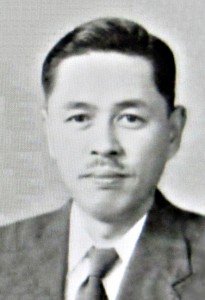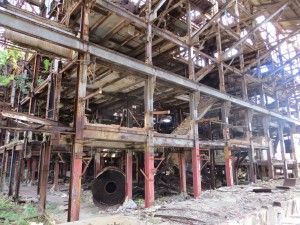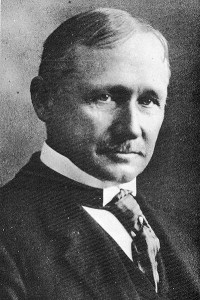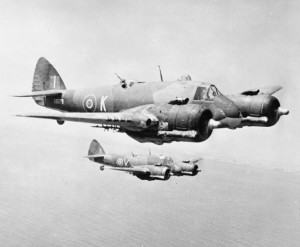
Today 230 years ago on July 8, 1785, Honoré Blanc demonstrated the first large scale interchangeability of complex mechanical parts in the courtyard of the Château de Vincennes by disassembling musket locks, mixing the parts, and assembling them again. While it took another 150 years for the idea to take hold firmly in industry, it all started here with 50 muskets. Time for a look back in history.







